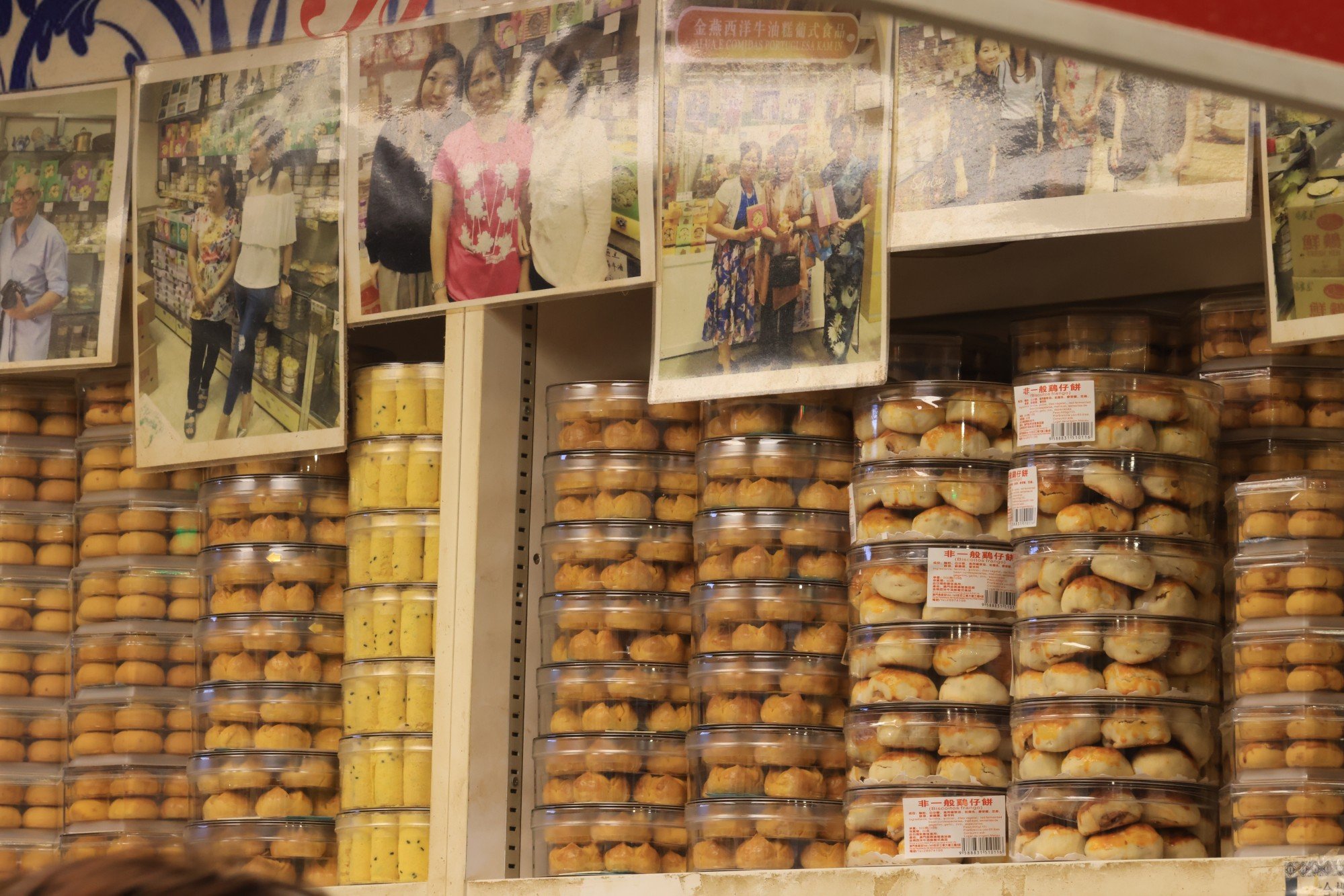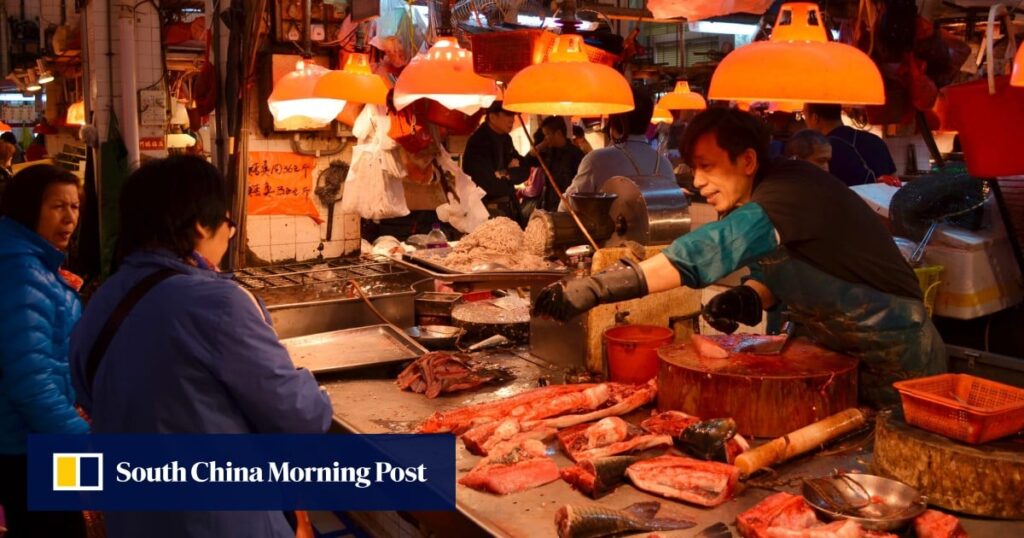One might think that Macau's unlikely claim to fame is no exaggeration: Even the academic gatekeepers of UNESCO recognise the city as the birthplace of “the world's first fusion cuisine.”
The reason for its designation as a Gastronomic Creative City – the more familiar expression “a fusion of Eastern and Western cultures” – is due to its privileged location in the Pearl River Delta, more than 400 years of Portuguese rule, and its influence on the cuisines of port cities in Malaysia, Japan, Brazil and across Africa.
Many of Macau's hits are probably familiar to you, and if not, be sure to try them out on your next trip.
But it takes more than unique and enticing local cuisine to earn the title of Creative City of Gastronomy. Nearly seven years after UNESCO designated Macau a Creative City of Gastronomy, what does this lofty title actually mean?
 Macau's famous almond biscuits on sale at Rua do Cunha. Photo: Shutterstock
Macau's famous almond biscuits on sale at Rua do Cunha. Photo: Shutterstock
To join UNESCO's club, cities must apply under the Creative Cities Initiative. Categories include gastronomy as well as crafts and arts, design, film, literature, media arts and music. Macau joined in late 2017 after a two-year application process that was aligned with the Macau Government Tourism Office's (MGTO) strategy to develop the city as a “World Tourism and Leisure Centre”.
According to MGTO Director Maria Elena de Sena Fernández, the impact has been positive so far, with follow-up reports showing “overall positive feedback, which speaks volumes for Macau's recognition in the UNESCO Creative Cities Network.” UNESCO has also taken note of Macau's experience with events celebrating cuisine, such as the Macau Food Festival, which celebrated its 24th edition last December.
And Macau SAR doesn't intend to stop there: According to UNESCO, Macau is working with institutions to promote a sustainable food culture, as well as organizing festivals and training young talents to improve the region's gastronomy.
“It is important to mention that developing Macau as a creative city of gastronomy will only be successful if it is embraced by the whole city, as it involves a change in thinking and practice in a more sustainable direction,” concludes Sena Fernández.
Major ongoing efforts to further develop Macau as a gastronomic city include adding more gastronomic components to the city's tourism promotion, implementing a “Taste of Macau” financial support program, and creating a Macau cuisine database to collect information and expand public knowledge about the cuisine and culture.



